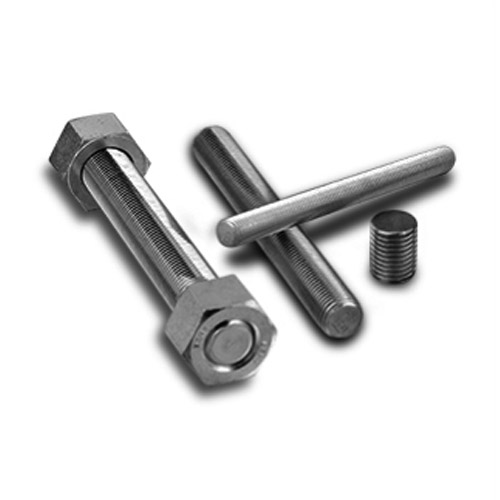fuel injection fuel line
Oct . 30, 2024 18:50 Back to list
fuel injection fuel line
Understanding Fuel Injection and the Role of Fuel Lines
Fuel injection is a critical process in modern internal combustion engines, significantly improving efficiency, performance, and emissions control compared to older carburetor systems. At the heart of fuel injection systems lies the fuel line, an essential component that ensures the optimal delivery of fuel from the tank to the engine. This article will explore the importance of fuel lines in the context of fuel injection systems, their construction, and maintenance.
Understanding Fuel Injection and the Role of Fuel Lines
Fuel lines are typically made from a variety of materials, including rubber, plastic, or metal, depending on the design and requirements of the vehicle. Each material has its advantages and drawbacks. For instance, rubber lines are flexible and easy to work with but may degrade over time due to exposure to fuel and heat. Metal lines, on the other hand, are more durable and resistant to damage but can be subject to corrosion if not properly treated.
fuel injection fuel line

Proper maintenance of fuel lines is essential for the overall health of the engine. Over time, fuel lines can develop leaks or become clogged, leading to fuel starvation, reduced engine performance, and increased emissions. Regular inspections of the fuel lines are recommended, focusing on areas where wear and tear are likely to occur. Any signs of damage, such as cracks, swelling, or discoloration, should prompt immediate replacement.
In addition to maintenance, understanding the role of fuel lines in the broader context of fuel injection is essential for vehicle owners and mechanics alike. Fuel injection systems can be direct or port fuel injection, each having specific requirements for fuel delivery. Direct injection systems push fuel directly into the combustion chamber at high pressure, requiring more robust fuel lines to handle the increased pressure. Meanwhile, port fuel injection systems inject fuel into the intake manifold, typically requiring less pressure and thus may have different fuel line specifications.
In conclusion, fuel lines are an integral part of fuel injection systems, playing a vital role in the efficiency and performance of modern engines. Awareness of the materials, maintenance needs, and the specifics of different fuel injection systems can empower vehicle owners to keep their engines running optimally, ensuring both performance and longevity. Regular checks and timely replacements of fuel lines are simple yet effective ways to prevent larger issues in fuel delivery, ultimately enhancing the driving experience.
